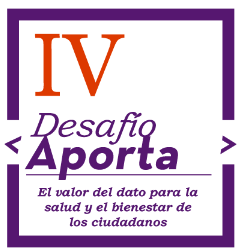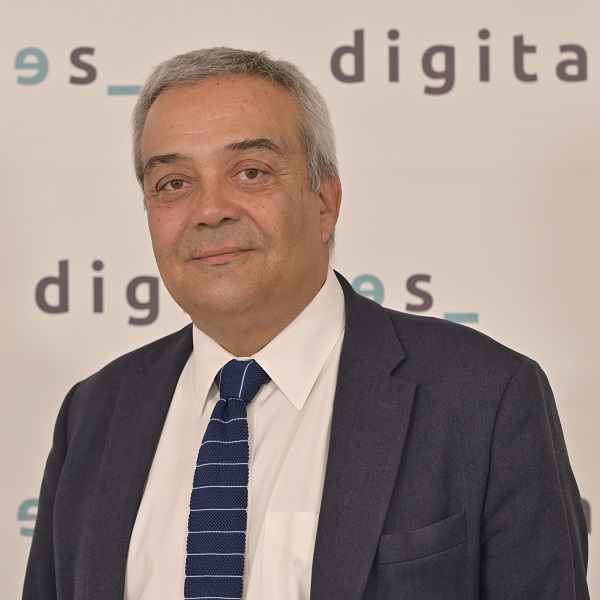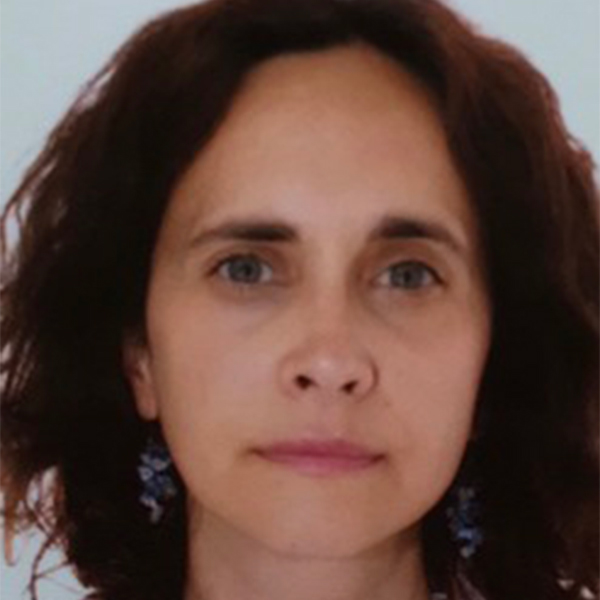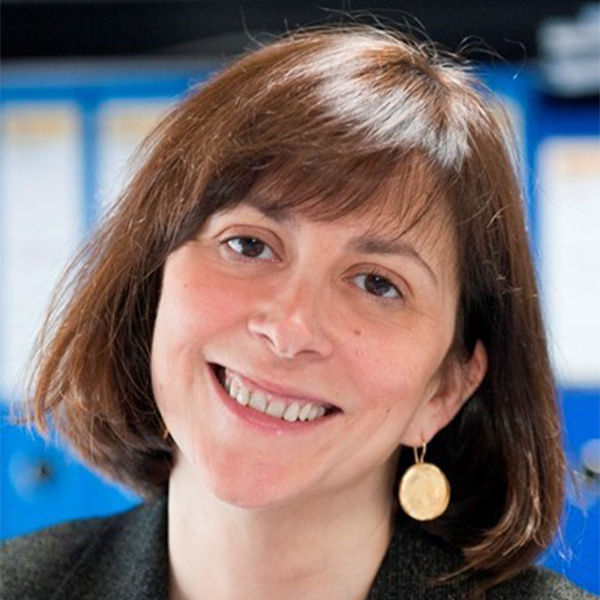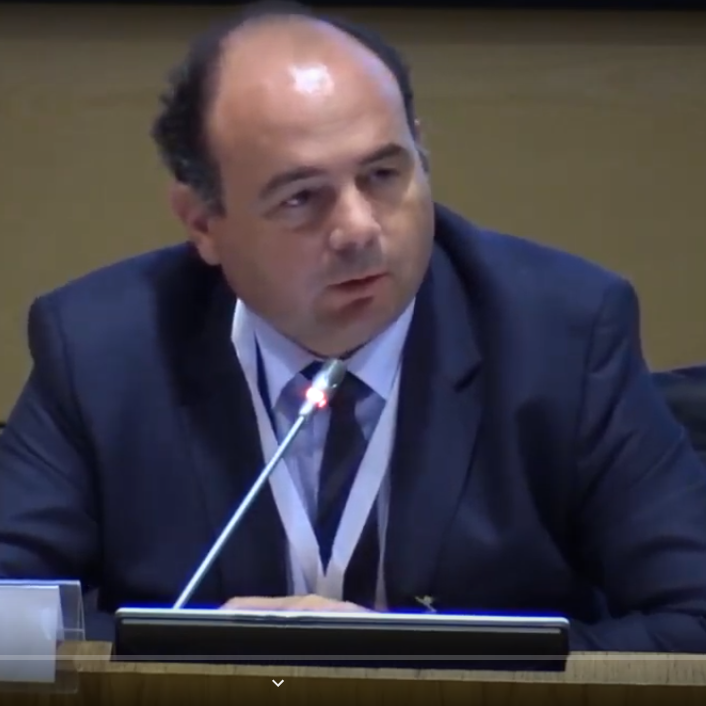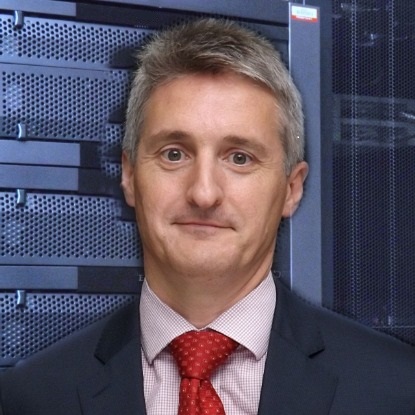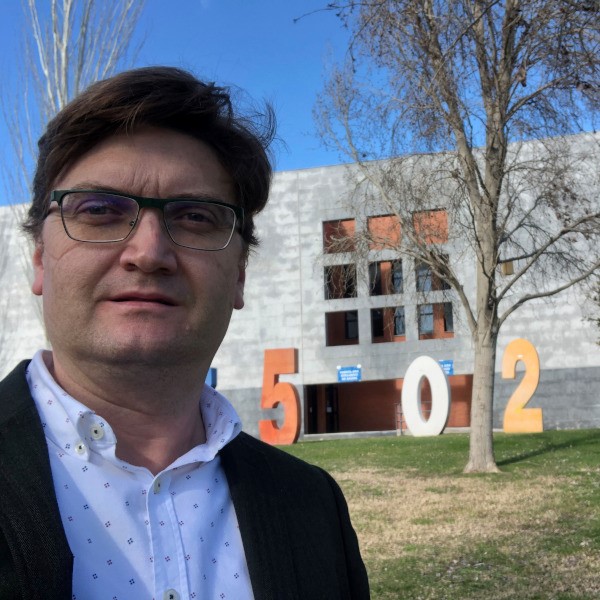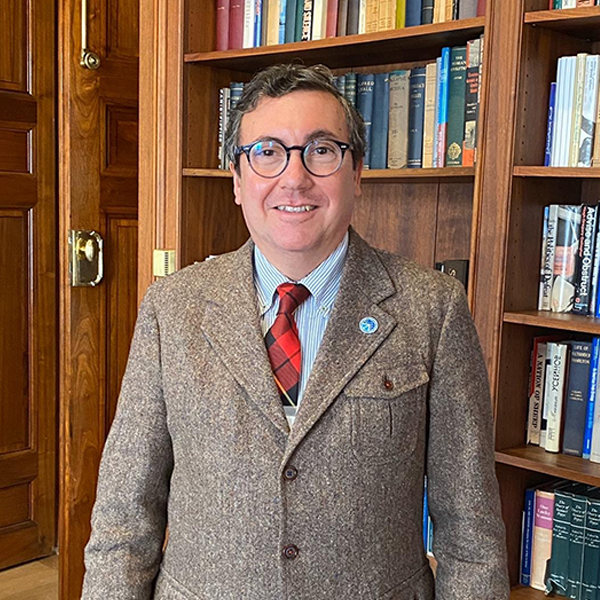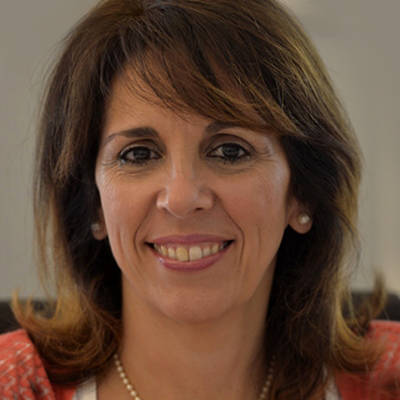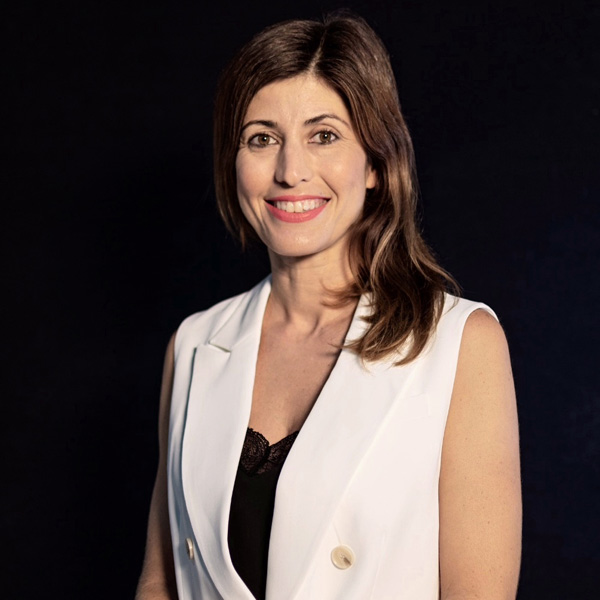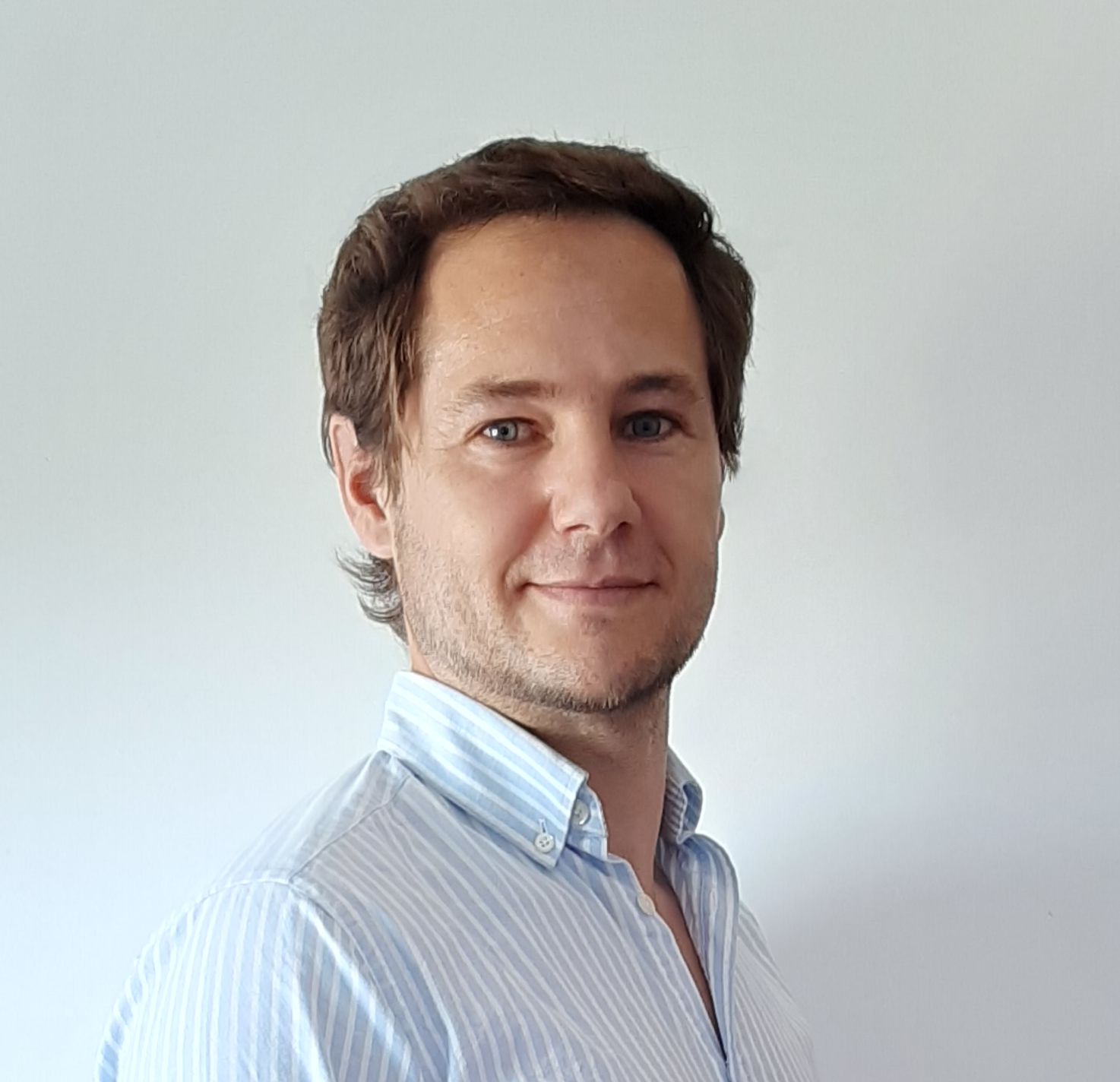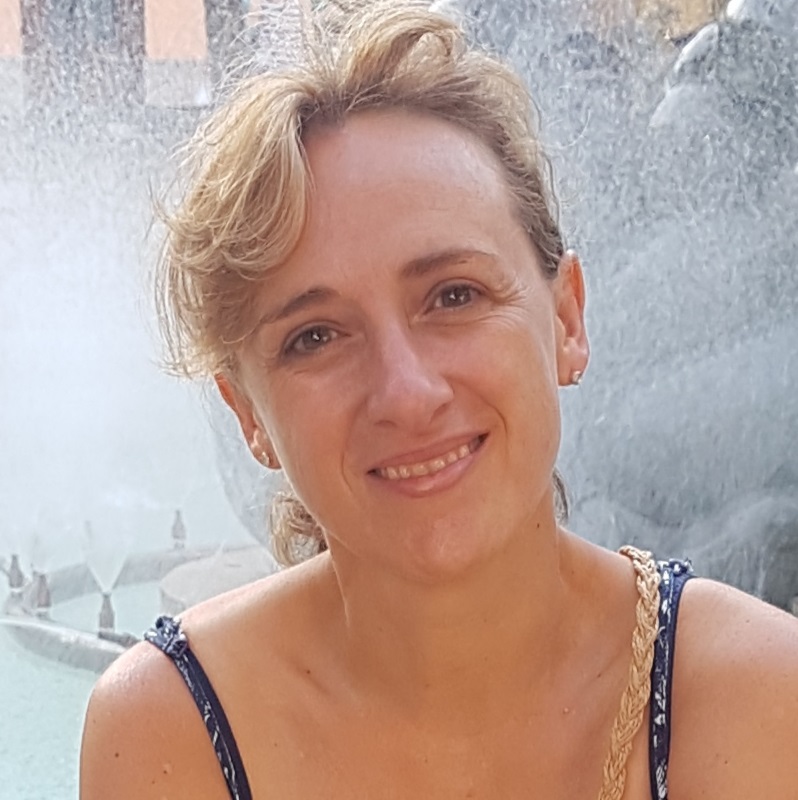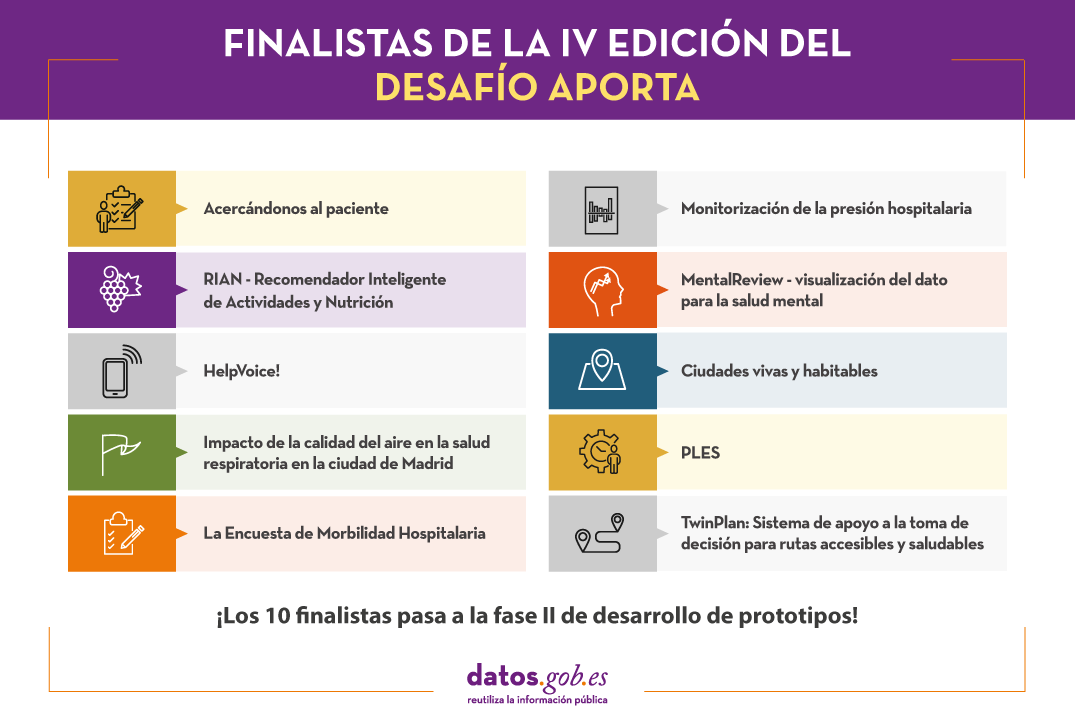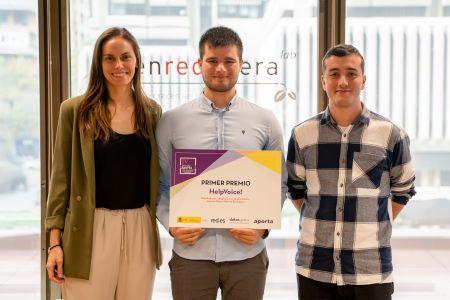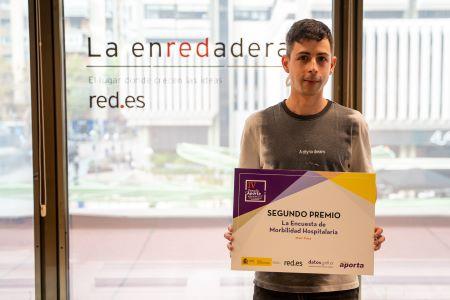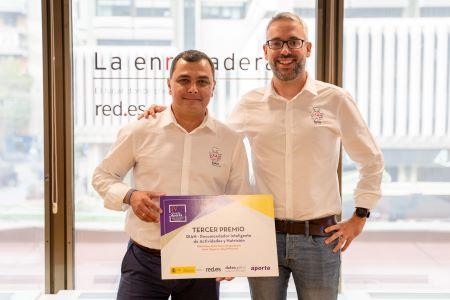Challenge terms and conditions
As indicated in the Regulations for participation in the Aporta 2021 Challenge, the call aims to reward ideas and prototypes that identify new opportunities to capture, analyse and use data intelligence in the development of solutions for citizens’ health care and well-being.
|
The Aporta Challenge takes place in two phases:
In Phase I, participants will submit their ideas and up to ten of the best ones submitted will be selected, in accordance with the evaluation procedure described in the Regulations. Both natural or legal persons with a registered office in the European Union may participate, either individually or jointly as a team. In the case of a legal entity or team, a spokesperson will be chosen. |
Although only one idea per participant will be accepted, the same person may submit several ideas as a member of different teams.
Each idea will be submitted in English and shall comply with the following conditions:
|
In Phase II, those participants whose ideas have been selected in the previous phase will develop the prototype and present it to the members of the Jury, in accordance with the evaluation procedure described in the Regulations.
Each prototype must comply with the following conditions:
|
In this Aporta Challenge 2021 Contest the following prizes will be awarded to the three prototypes that receive the best evaluation from the Jury according to the established evaluation criteria:
|
